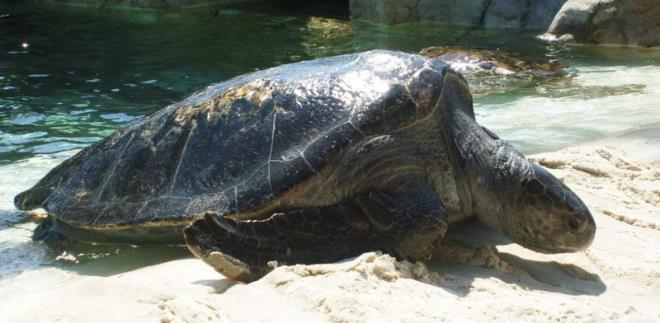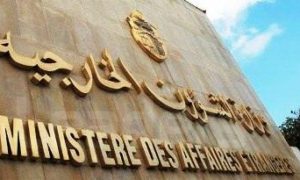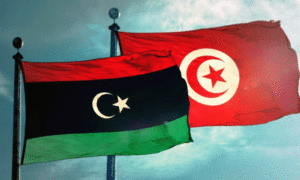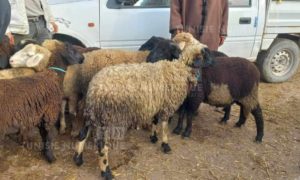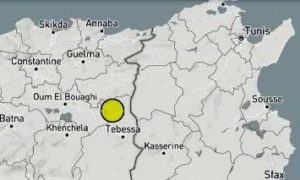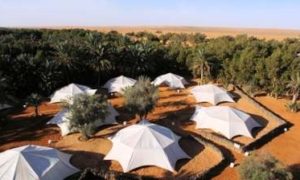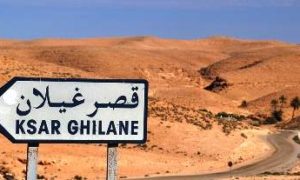The National Anti-Corruption Authority (INLUCC) has raised the alarm on sea turtle trading practices in Sfax.
In its periodic report, issued on Saturday, April 25, the INLUCC announced it had obtained an alarm involving “a resident in the locality of Slatnia, near the Bouhamed Station in Sfax, who was trading large sea turtles to the public in front of his home”.
If this were valid, it would be a breach of the law on the protection of this endangered species all over the world and naturally in Tunisia.
This species, which is vital for marine biodiversity and the health of the oceans, is preserved in Tunisia by the law on the protection of cetaceans as well as by the decree of the Ministry of Agriculture regulating the practice of fishing activities.
These rules prohibit the acquisition in territorial waters of monk seals, cetaceans and marine turtles, as well as their trade and holding in captivity.
In a statement to the TAP, Wassim Amdrous, coordinator of the programme on marine turtle conservation in Tunisia, started in December 2019 by the WWF-North Africa Office, stated WWF will correlate with local associations in Sfax, including the APNES (Environment and Nature Protection of Sfax) and the «Association des Jeunes Sciences» in Kerkennah, to stop all poaching uses of sea turtles in the region.
He stated certain ways of consumption of sea turtle meat and its use in traditional medicine still exist in Tunisia, especially in the Kerkennah Islands.
WWF’s goal is “to deliver a favourable protection status for marine turtle species in the Mediterranean, with enhanced protection in Tunisia, due to its vital geographical position as a habitat for these species”.
The Tunisian coasts, mainly the Gulf of Gabès, are, according to the WWF North Africa Office, of paramount importance for marine turtle populations throughout the Mediterranean.
Three species of marine turtles, among about 7 in the world, are known in Tunisia: the loggerhead, often called Caretta Caretta, the green sea turtle and the leatherback sea turtle.
These species are increasingly threatened by marine pollution, accidental fishing and certain feeding habits.
Their existence is, however, vital for the health of the oceans because they regulate marine and coastal ecosystems and thanks to them, marine areas are naturally cleaned up, according to the WWF.
In Tunisia, there has been a Marine Turtle Care and Rescue Centre at the National Institute of Marine Science and Technology (NSTM) in Monastir since 2004.
This establishment carries out autopsies on dead turtles to determine the cause of death and provides care for turtles stranded alive or brought back in the case of accidental capture.
“SeaTuMed” network was recently launched in Tunisia. Its action focuses on the protection of marine turtles on the Tunisian coast.
What's happening in Tunisia?
Subscribe to our Youtube channel for updates.



